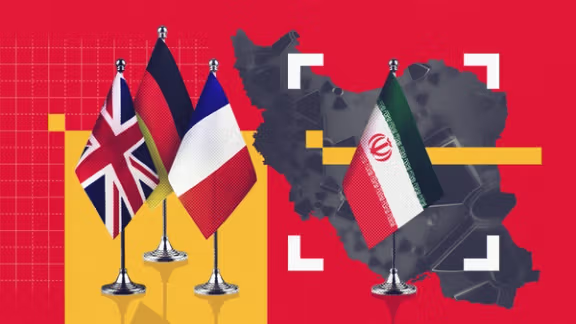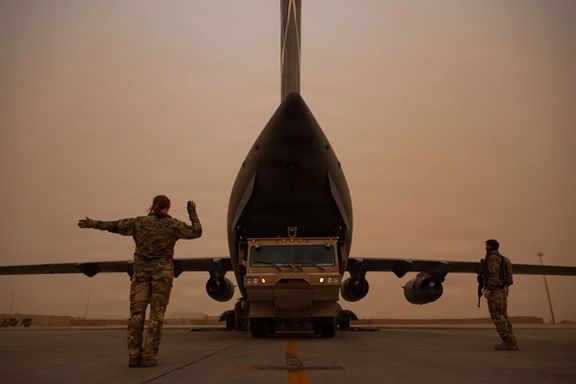Originally designed as a safeguard within the 2015 Joint Comprehensive Plan of Action (JCPOA), so-called snapback allows any member of the United Nations Security Council to unilaterally reimpose sanctions if Iran is found to be in serious noncompliance.
The mechanism cannot be blocked by a Security Council veto.
What’s at risk?
If activated, snapback would reintroduce bans on Iran’s banking, insurance, shipping, and, most crucially, oil and gas sectors.
Iran’s already limited energy exports would be further squeezed, particularly as China—the country’s top customer—faces its own pressure from US secondary sanctions.
The blow wouldn’t stop at exports. Renewed sanctions would also block access to international banking systems, complicating payments and deterring investment.
With infrastructure already aging, efforts to modernize production facilities or increase capacity would stall. Crucial imports of equipment, spare parts, and technology would dry up, making basic maintenance difficult—let alone expansion.
Ripple effects
The reimposition of sanctions wouldn’t just hit Iran—it would ripple across global energy markets. A sharp decline in Iranian exports could tighten supply and drive up oil prices, especially in Asia and Europe.
Investors and insurers are already wary. A full snapback would only raise the stakes.
More concerning is Tehran’s potential response.
Iranian officials have warned that reactivating the snapback mechanism could trigger a shift in military posture, an exit from the Non-Proliferation Treaty (NPT), or an acceleration of its nuclear program.
The risk isn’t just economic—it’s strategic.
A more isolated Iran might double down on asymmetric tactics, expand regional proxy activities, or escalate maritime disruption in the Gulf.
The symbolic weight of snapback could also undercut any remaining diplomatic channels and push Tehran further from the negotiating table.
Iran’s energy goals on the brink
Despite sanctions, Iran has managed to modestly expand oil production—targeting an increase of 600,000 barrels per day by 2025—and made incremental gains in natural gas output, including at South Pars Phase 11.
But snapback could freeze or reverse this progress.
Refinery upgrades are already underway, but vulnerable to supply chain disruptions. Without access to critical technology or parts, domestic fuel production could falter, forcing greater reliance on crude exports just as export channels are closing.
Meanwhile, renewable energy remains marginal, and any growth in that sector would likely be stifled by sanctions-induced isolation.
Endurance and limits of pressure
Iran’s shadow export network has proven resilient.
Since 2022, an estimated 42 million barrels have moved via sanctioned tankers. Strategic ties with China have helped cushion the impact, and Tehran’s evasion playbook is growing more sophisticated.
Still, the economic toll is real.
Iran loses billions of dollars annually due to reduced crude sales. And snapback could widen that gap—though it may not deliver the decisive blow some expect.
Fragmented global enforcement, selective compliance by neighboring states, and geopolitical shifts toward multipolarity all chip away at the tool’s practical effect.
Reactivating the snapback mechanism would undoubtedly raise pressure on Iran’s economy, particularly its energy sector. But it may also entrench defiance, destabilize the Persian Gulf and weaken the very diplomatic leverage it’s meant to reinforce.
Whether it isolates Iran or backfires will depend not only on Tehran’s response, but on how fractured and fatigued the global sanctions consensus has become.














